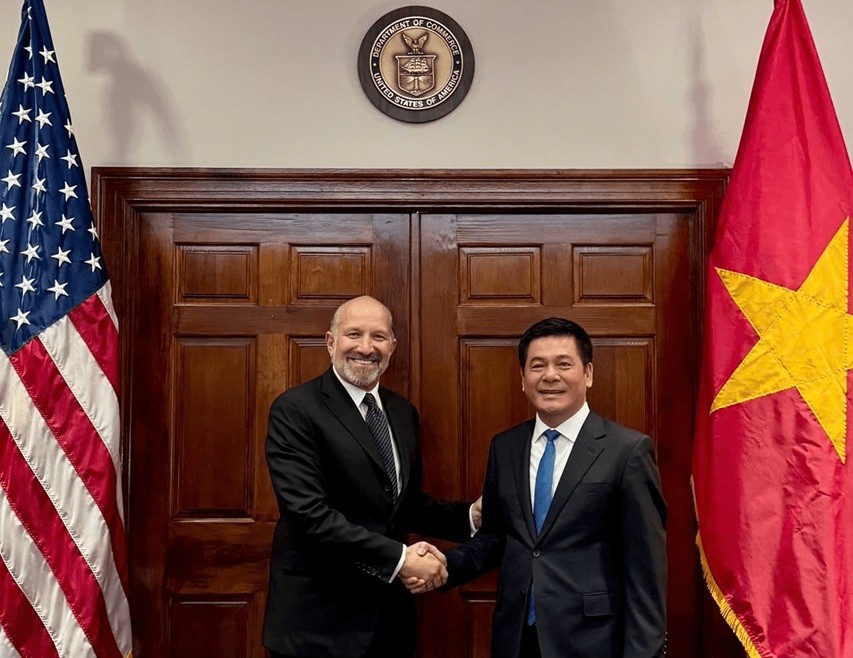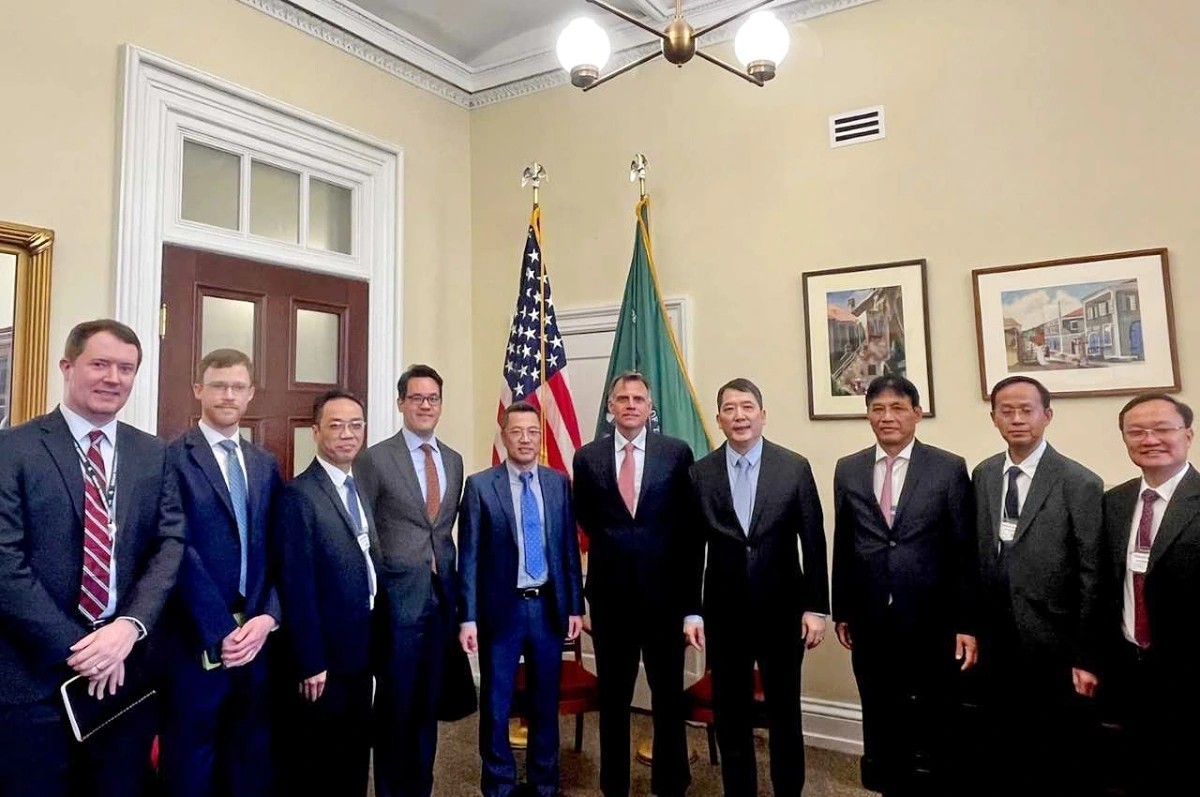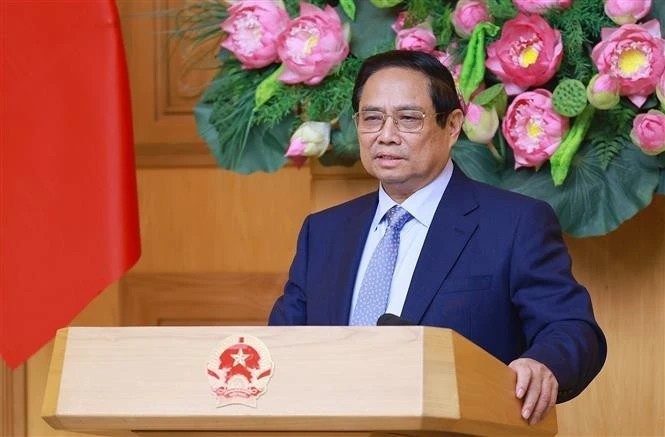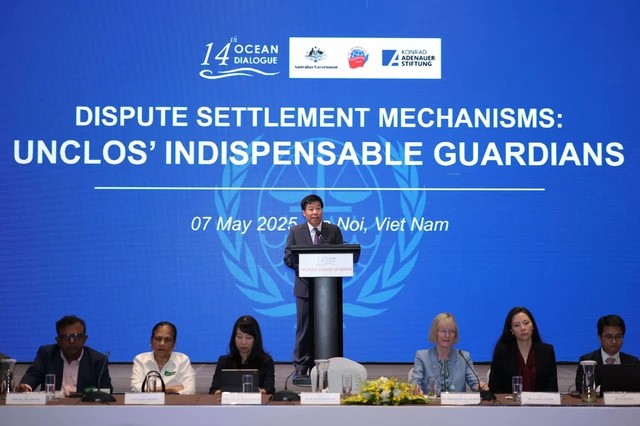Vietnam - US Comprehensive Strategic Partnership: Perspectives on Cultural Exchange - PART 1
Vietnam-US Relations: From Cultural Exchange to Comprehensive Strategic Partnership
| People-to-people Diplomacy - Vital Link in Vietnam-US Partnership | |
| Promoting Vietnam’s Rich Culture, Economic Growth in the US |
The connection between culture and diplomacy
Often described as the "soul" of a nation, culture reflects the unique identity of each country and plays a crucial role in building and strengthening enduring relationships, laying a solid foundation for long-term cooperation and shared development among countries. Culture serves as a spiritual bridge that enables mutual understanding, bridges language, and custom differences, and fosters trust.
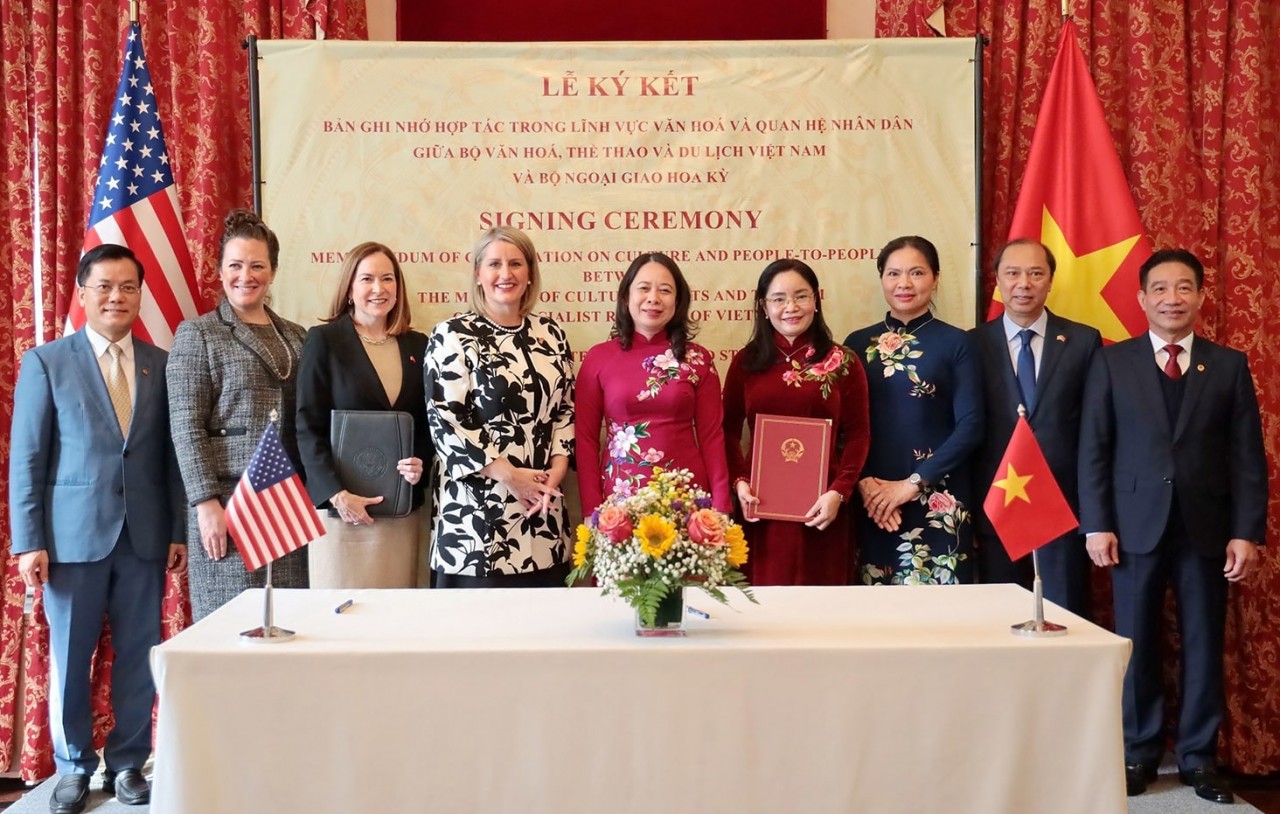 |
| Member of the Party Central Committee, Vice President Vo Thi Anh Xuan, and US Under Secretary of State for Public Diplomacy Elizabeth M. Allen (fourth from left) witness the signing ceremony of the Memorandum of Understanding on Cultural and People-to-people Relations between the Ministry of Culture, Sports and Tourism of Vietnam and the US Department of State in Washington D.C (Photo: VNA) |
When countries share similar cultural values, customs, and traditions, it becomes easier for people to find common ground, empathize with, and respect one another. Furthermore, when nations respect each other’s cultural differences, they adopt an open perspective and are willing to collaborate for mutual growth. This respect is evident in the preservation of each nation's cultural identity while embracing the essence of one another's cultural values, allowing for continual development. Thus, it is vital for countries to promote cultural exchange and awareness of cultural differences to foster cooperation and solidarity among people.
Culture is also a significant component of a nation's "soft power." Through cultural "soft power," nations can attract support and cooperation from others, promote international understanding and consensus, and foster global diplomatic and collaborative ties. This enhances a nation's status, role, and image on the global stage while preserving and enriching its cultural heritage. For these reasons, countries should prioritize cultural diplomacy to utilize the benefits of "soft power," contributing to a peaceful, secure, cooperative, and developing world.
Culture and diplomacy are mutually reinforcing and play an essential role in building and sustaining peaceful international relationships. Cultural diplomacy fosters understanding and mutual respect among nations, promotes national image, resolves conflicts and crises, and lays a strong foundation for economic and political cooperation while enhancing a nation's "soft power."
The role of culture in Vietnam-US Relations
Vietnamese culture is vibrant and shaped by centuries of influences, from national identity and historical legacy to cultural interactions with neighboring countries. Thus, Vietnam’s culture exemplifies unity in diversity, deeply reflecting the relationship between Vietnam’s cultural identity and the distinct characteristics of the country’s many ethnic groups and local cultures. These values and nuances complement each other, enriching Vietnam's cultural landscape and strengthening national unity, which underpins the equality and cultural diversity of Vietnam's 54 ethnic groups.
Vietnamese culture values traditional family structure, community spirit, patriotism, national consciousness, ethnic diversity, and unity in diversity. It is an open culture, adept at harmonizing with global civilizations. Vietnamese culture embodies the fruits of the nation’s labor throughout its history, revealing its adaptability and proactive engagement with human progress. Vietnam’s cultural identity consists of lasting values, the heritage of Vietnam’s ethnic communities cultivated over thousands of years of nation-building and protection. This heritage includes patriotism, resilience, solidarity, and a community spirit uniting individuals, families, villages, and the nation, along with compassion, tolerance, respect for morality, industriousness, creativity in labor, subtlety in social interactions, and simplicity in lifestyle.
The unique cultural identity of the Vietnamese people is also distinctly expressed through various traditional forms. In this era of international integration and development, Vietnamese culture has steadfastly retained its unique character, preserving and promoting traditional cultural values while simultaneously learning from and incorporating global cultural achievements. This international cultural exchange not only enriches the cultural life of Vietnamese people but also creates opportunities for Vietnamese culture to extend its reach globally. Cultural festivals, art exchange programs, and cultural tourism promotion activities have played a role in elevating Vietnam’s status and reputation in the international arena.
Meanwhile, over 248 years of formation and development (1776–2024), the US has been among the few young countries marked by continuous societal evolution throughout its history. American culture represents a system of values, customs, beliefs, and diverse lifestyles shaped by its people, formed over centuries, and influenced by a wide array of sources, including Europe, Africa, Asia, and Native American heritage, alongside distinct elements of modern American society.
This diversity of origins has contributed to distinctive cultural elements embodying the unique “American character,” setting it apart from other cultures globally. The blending and interaction of these varied cultures have created a multicultural American society, which is considered a core value of American culture, a dynamic society with a spirit of exploration, adaptability, and diversity. Although the US is a multi-religious and multi-ethnic country, founded and largely shaped by immigrants, American culture has managed to maintain certain connections and harmony, rooted in the foundational ideas of the bourgeoisie, regarded as the elite class during the founding of the US.
Despite the geographic and historical distances, the rich and diverse cultural landscapes of Vietnam and the US, which combine both domestic and international elements, have shown continuous cultural interaction and mutual influence in the process of globalization.
Since Vietnam launched its national renewal efforts and international integration, especially following the normalization of diplomatic relations between Vietnam and the US in 1995, the two countries' cultural exchanges have been increasingly strengthened and promoted. Hollywood movies, television shows, music, and fashion have become popular and embraced by Vietnamese youth. Vietnamese culture has also emerged in the US through the Vietnamese expatriate community who live, work, and study there, and through Vietnamese restaurants, cultural festivals, and art exhibitions. Cultural exchanges between the two countries are also enhanced in education and research cooperation. Many Vietnamese students choose the US for their studies, where they acquire knowledge and experience and integrate into the diverse American culture. These cultural interactions allow Vietnamese students to broaden their perspectives while enabling Americans to gain a deeper understanding of Vietnamese culture and people. Student exchange programs and research partnerships between universities in both countries play a critical role in fostering mutual understanding.
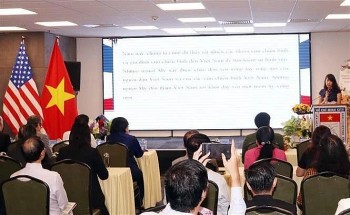 | People-to-People Diplomacy - Highlight of Vietnam-US Relations The Ho Chi Minh City Union of Friendship Organizations (HUFO) held a gathering to celebrate the 248th anniversary of the US Independence Day (July 4, ... |
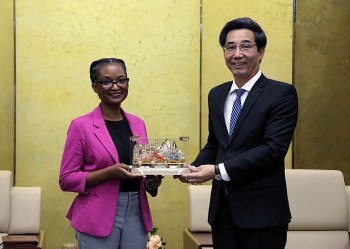 | US Supports Da Nang in Combating Transnational Crime Vice Chairman of the Da Nang People's Committee Tran Chi Cuong expressed his hope that the Bureau of International Narcotics and Law Enforcement Affairs under ... |
Recommended
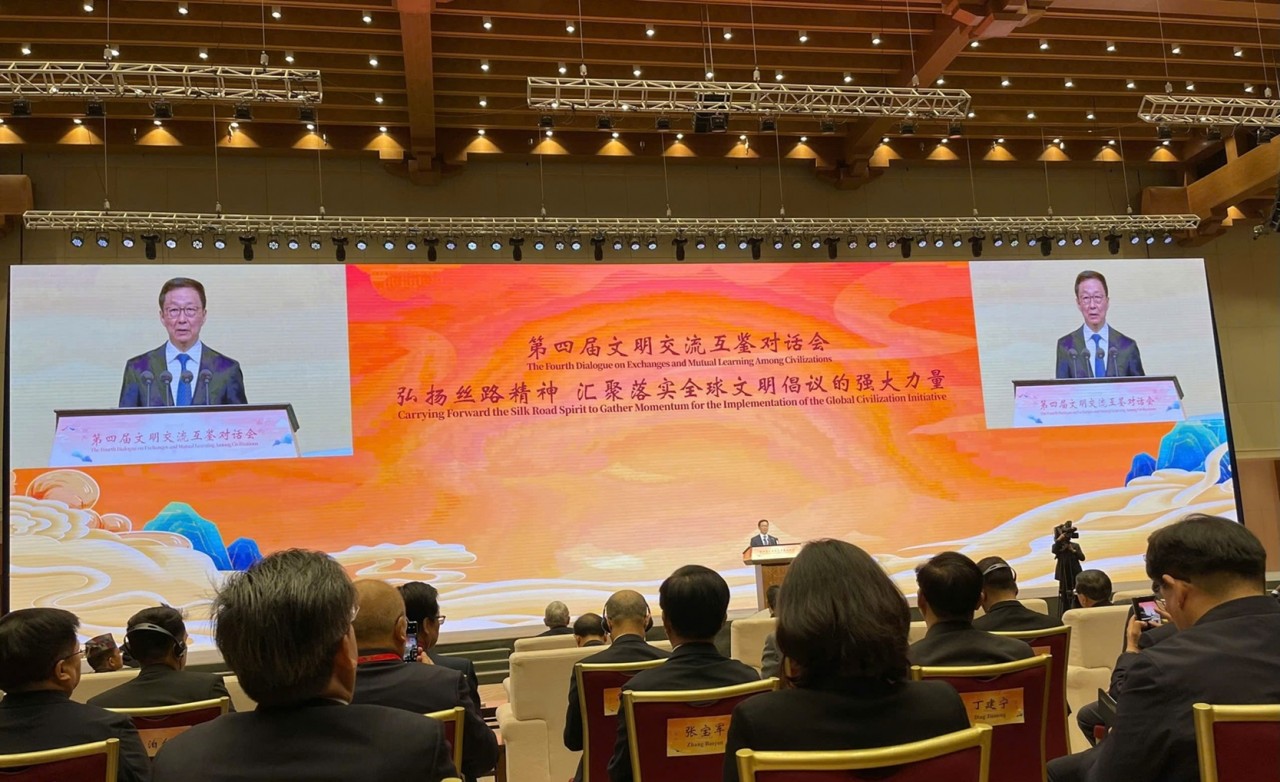 Friendship
Friendship
VUFO Attends Fourth Dialogue on Exchange and Mutual Learning among Civilizations
 Friendship
Friendship
COPI (US) Provides Free Medical Check-Ups for Nearly 1,000 People in Quang Nam
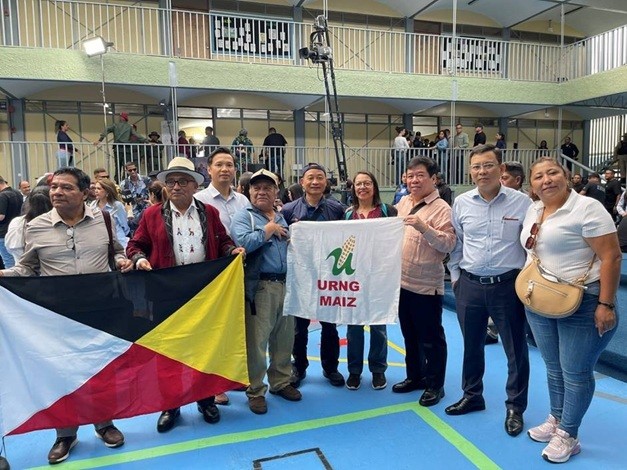 Focus
Focus
Strengthen Solidarity and Friendship Between Vietnam and Venezuela
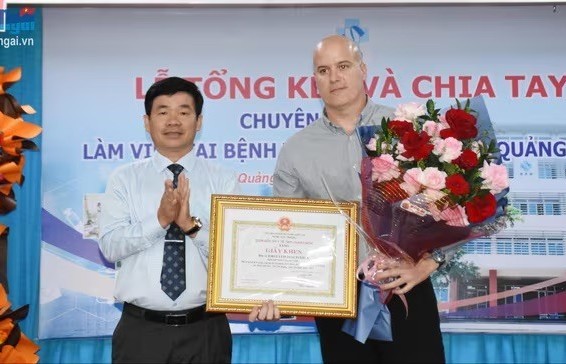 Friendship
Friendship
Quang Ngai Recognizes Cuban Health Experts' Contributions to Mother and Child Care
Popular article
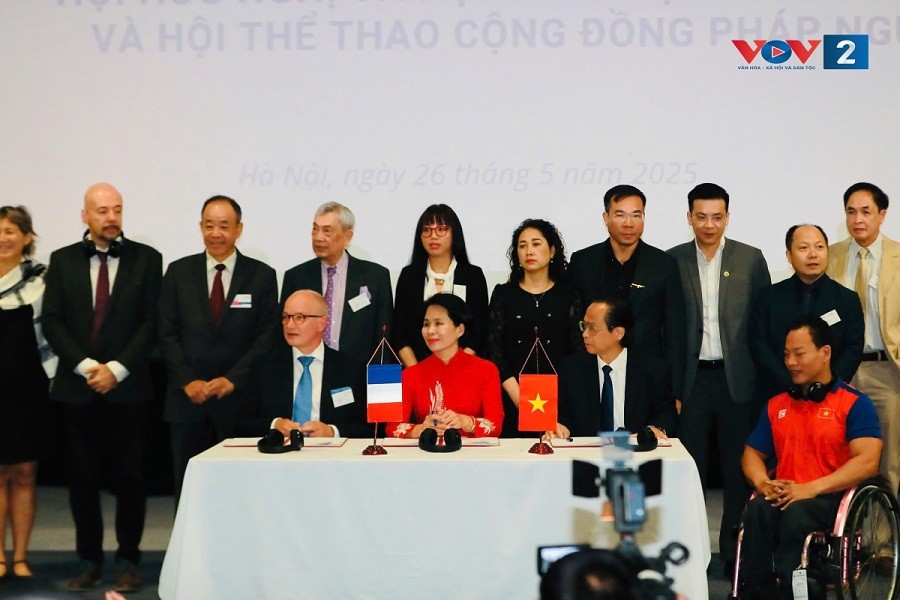 Friendship
Friendship
Vietnam, France Promote High-performance Sports
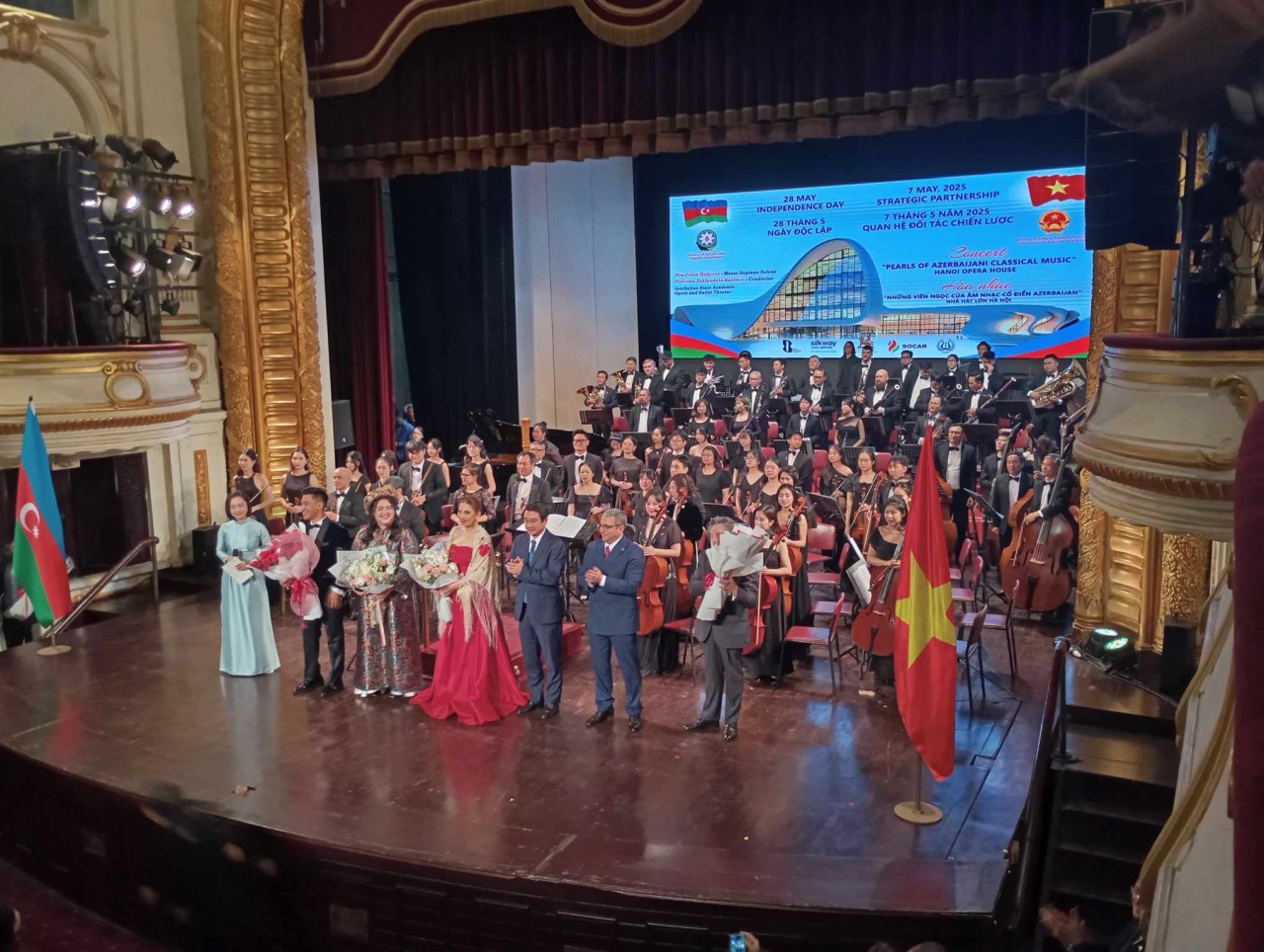 Friendship
Friendship
Concert In Hanoi Highlights Vietnam - Azerbaijan Ties
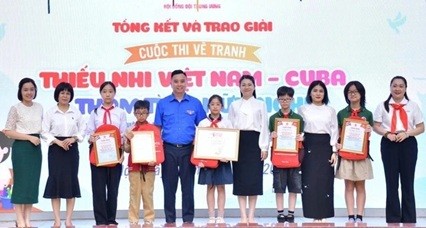 Focus
Focus
"Vietnamese - Cuban Children, Deep Friendship" Painting Contest Announces Winners
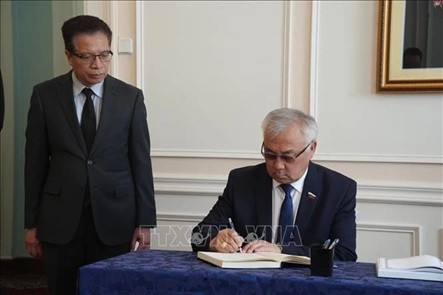 Friendship
Friendship




